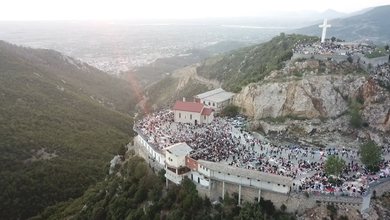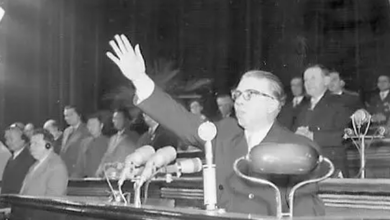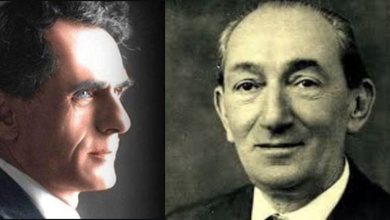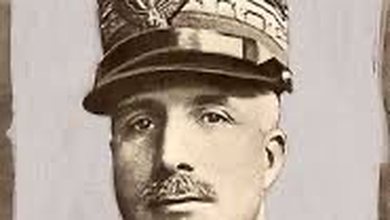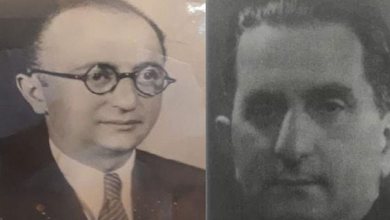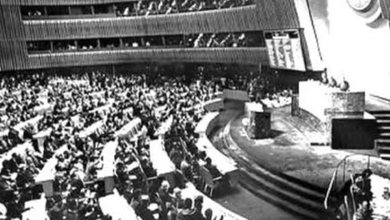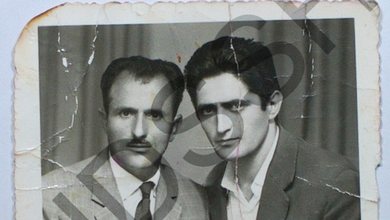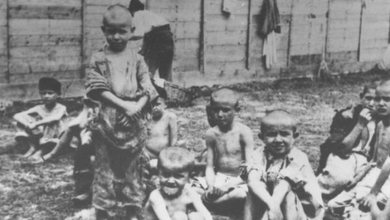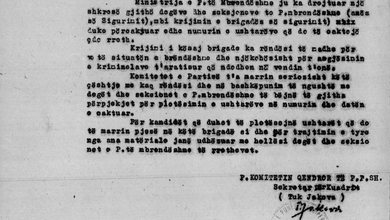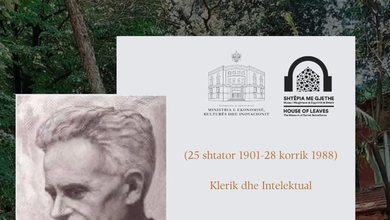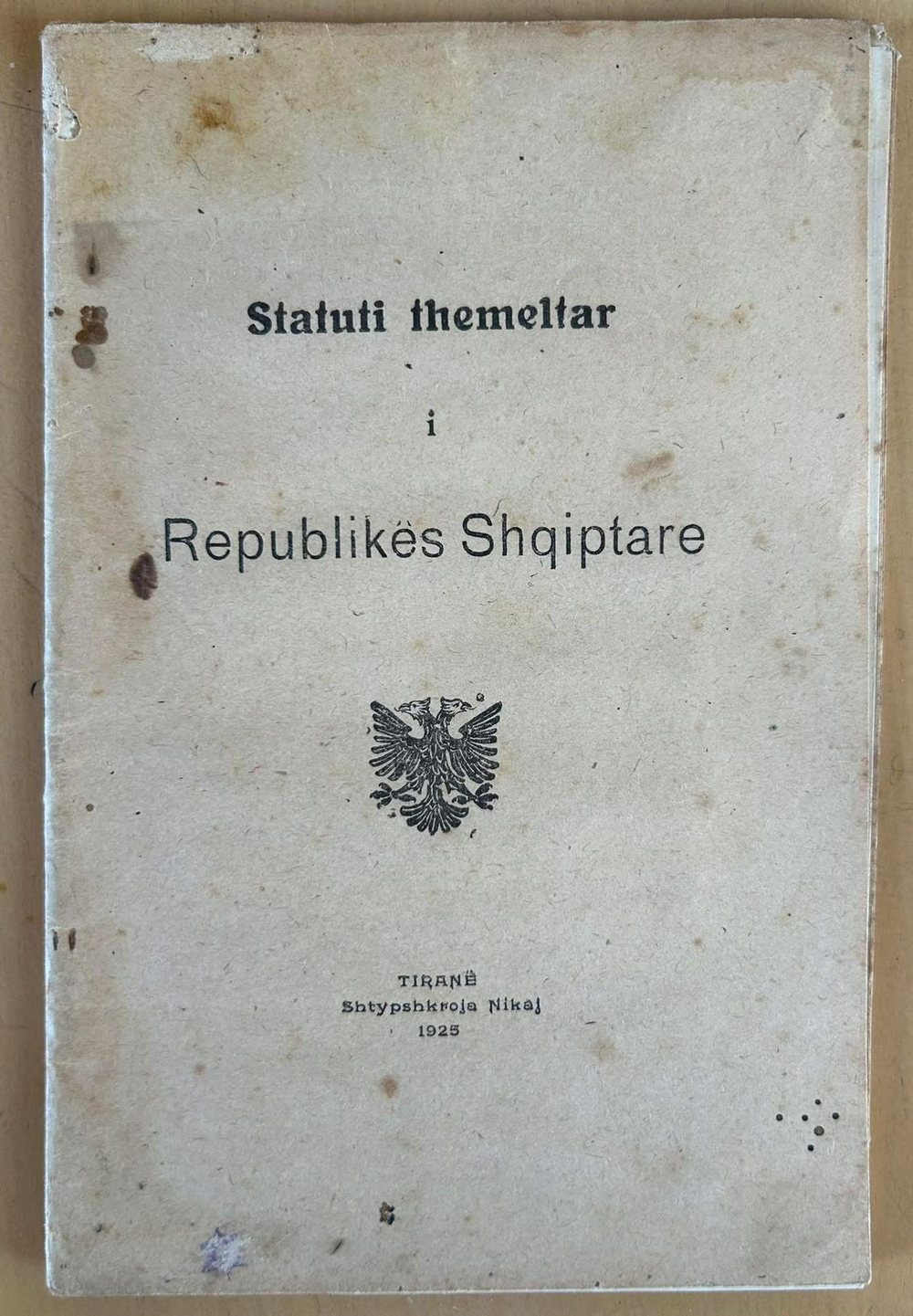
By Gazmend Bakiu
100 years ago, in 1925, the Constitutional Assembly approved the Fundamental Statute of the Republic, which was the document that laid the foundations of the modern Albanian state.
Finally, the hotly debated issue of which city would be the capital was resolved. In addition to definitively sanctioning Tirana as the capital, the flag, etc., the 1925 constitution put the state on legal tracks, sanctioned the rights of citizens and made a clear division of labor, as in advanced Europe. Let us mention some articles of the Statute.
1. Albania had no official religion, the freedom to exercise and practice all beliefs was guaranteed, but religion could not be used for political purposes (Art. 5).
2. Clerics could not be elected deputies (Art.13). In the years 1920-24, priests or imams had become deputies, even ministers and prime ministers. This practice was coming to an end.
3. The MP could not be held responsible for the opinions expressed and how he voted (Art.25). The MP enjoyed immunity (Art.26).
4. Judges could not engage in politics, otherwise they would be dismissed from their jobs (Art.106).
5. Citizens were equal before the law (Art.124).
6. The home and the right to property were inviolable (Art. 127, 129).
7. Freedom of speech and of the press were guaranteed (Art.128).
8. Torture was completely prohibited (Art.135).
Thus, the foundations were laid for a state guaranteeing civil rights, which was consolidated by the Civil and Criminal Code (1927-1928), one of the best on the continent.
The Fundamental Statute of the Albanian Kingdom (1928) that replaced that of the Republic (1925) did not change these columns, but there were improvements. Among other things, an important article was added: Primary education was free and compulsory (Art.206).
This was the state of the Albanians 100 years ago, which was followed by the "dictatorship of the proletariat" of the party-state.


